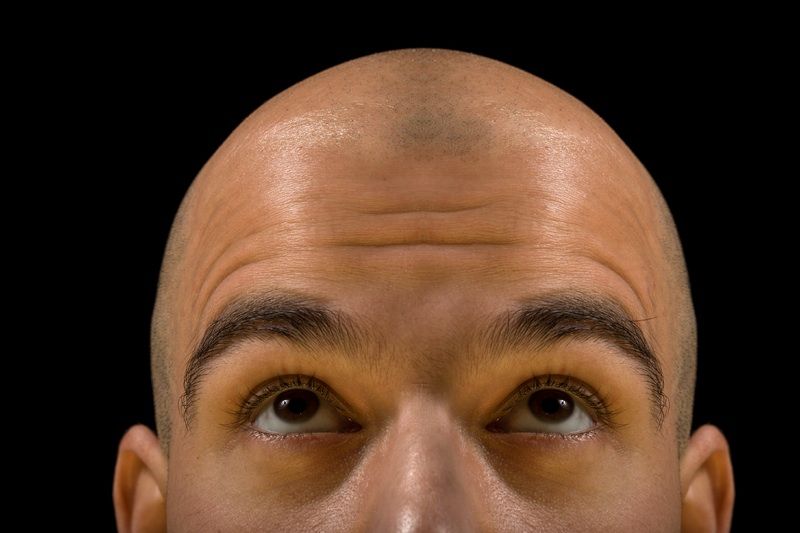Hair-Loss Drug May Cause Severe Depression in Some Men

Men who take the hair-loss medication Propecia and develop sexual side effects may be at risk for severe depression and suicidal thoughts, a new study suggests.
In the study, 64 percent of men who developed long-lasting sexual side effects from the drug also reported experiencing moderate or severe symptoms of depression, and nearly 40 percent reported suicidal thoughts.
Low libido and erectile dysfunction have been reported in men taking Propecia, and in some, the side effects persist after the medication is stopped. It is not known how many men experience long-lasting sexual side effects from Propecia, but it is thought to be a small percentage.
Doctors and Propecia users should be aware of the potential serious risks of the medication, "especially as it is being used cosmetically, to alter a normal age-related process," said study researcher Dr. Michael Irwig, an assistant professor of medicine at the George Washington University School of Medicine and Health Sciences in Washington, D.C.
However, the findings are preliminary, and further research is needed to confirm them.
Propecia and depression
Irwig interviewed 61 young men whose average age was 25, who had previously used finasteride (the generic name for Propecia). All the men had experienced sexual side effects for at least three months after they stopped taking the medication. They had not experienced sexual problems before taking the medication, and did not have a history of mental illness.
Sign up for the Live Science daily newsletter now
Get the world’s most fascinating discoveries delivered straight to your inbox.
The study also included interviews with 29 men with male-pattern baldness who had not taken finasteride.
All participants answered questions about their symptoms of depression over the last two weeks.
Among those who had used finasteride, 11 percent had mild symptoms of depression, 28 percent had moderate symptoms and 36 percent had severe symptoms. Thirty-nine percent reported suicidal thoughts, and an additional 5 percent answered "yes" when asked whether they agreed with the statement "I would like to kill myself."
Among those who had not used finasteride, the prevalence of depression was much lower: 10 percent had mild symptoms, and none had moderate or severe symptoms. Three percent of men in this group had suicidal thoughts.
"The potential life-threatening side-effects associated with finasteride should prompt clinicians to have serious discussions with their patients," Irwig said.
Effects on the brain
It's possible sexual dysfunction leads to depression, but previous studies have found a much lower rate of depression among men with erectile dysfunction than was found in the current study. This suggests that the medication may be causing symptoms of depression, possibly by changing the concentrations of certain brain chemicals, Irwig said. In 2010, Propecia's label was changed to include depression as a side effect.
Many of the men in the study had participated in an online forum dedicated to helping men deal with lasting side effects of Propecia. Because of this, the group of men studied may not fairly represent all those who take the medication and experience side effects.
More research is needed to determine whether men who take Propecia and do not experience sexual side effects also have depression and suicidal thoughts, Irwig said.
The study is published online today (Aug. 7) in the Journal of Clinical Psychiatry.
This story was provided by MyHealthNewsDaily, a sister site to LiveScience. Follow MyHealthNewsDaily on Twitter @MyHealth_MHND. We're also on Facebook & Google+.











